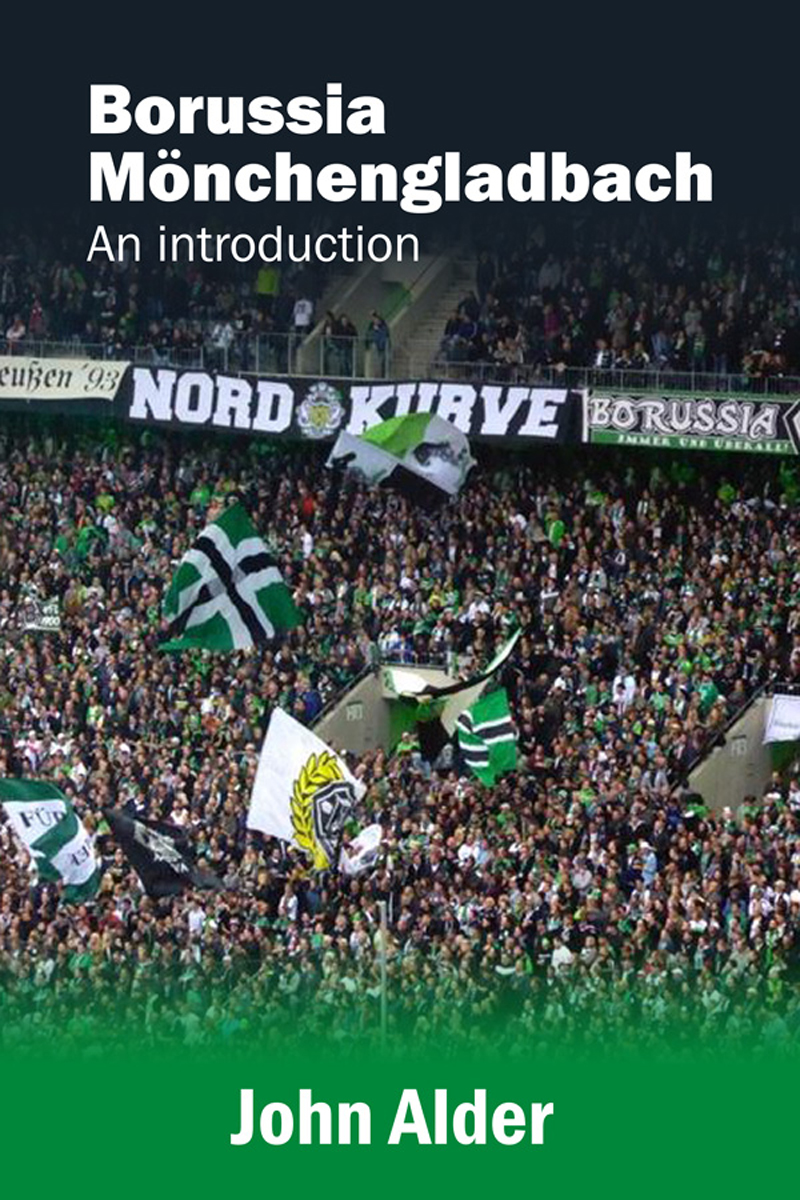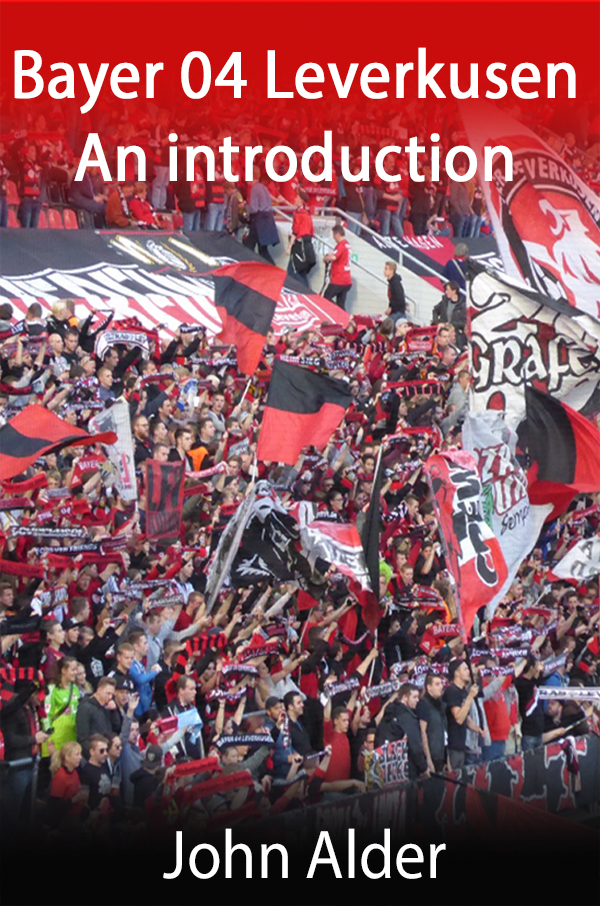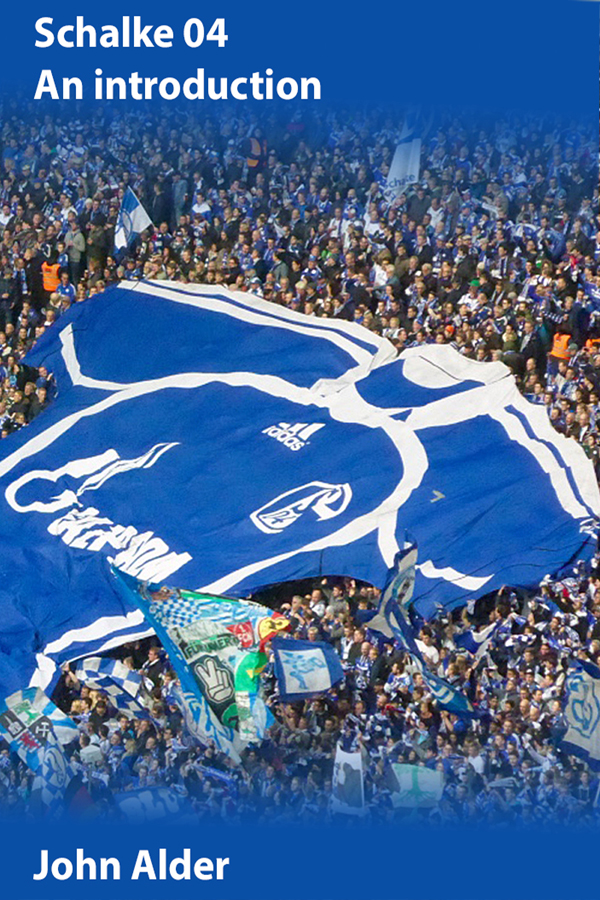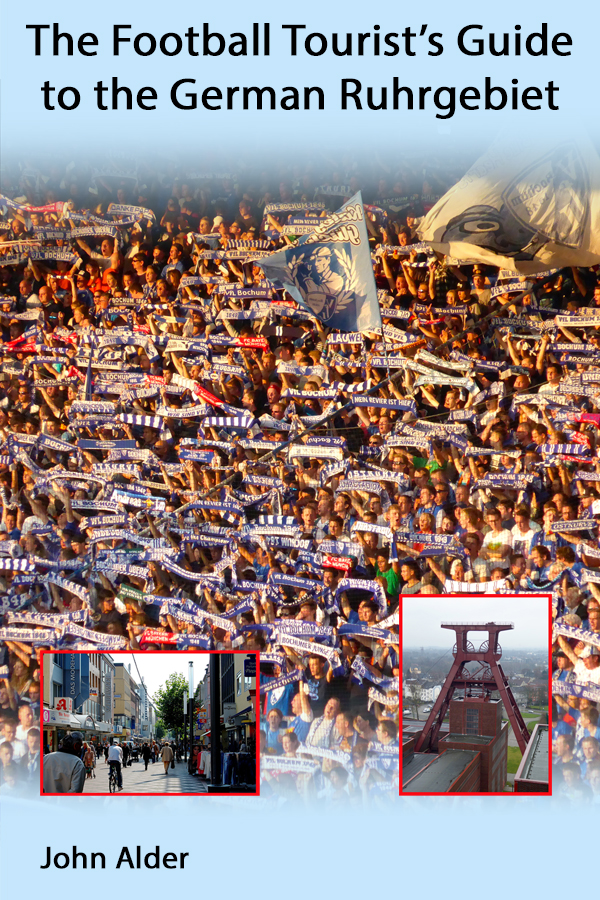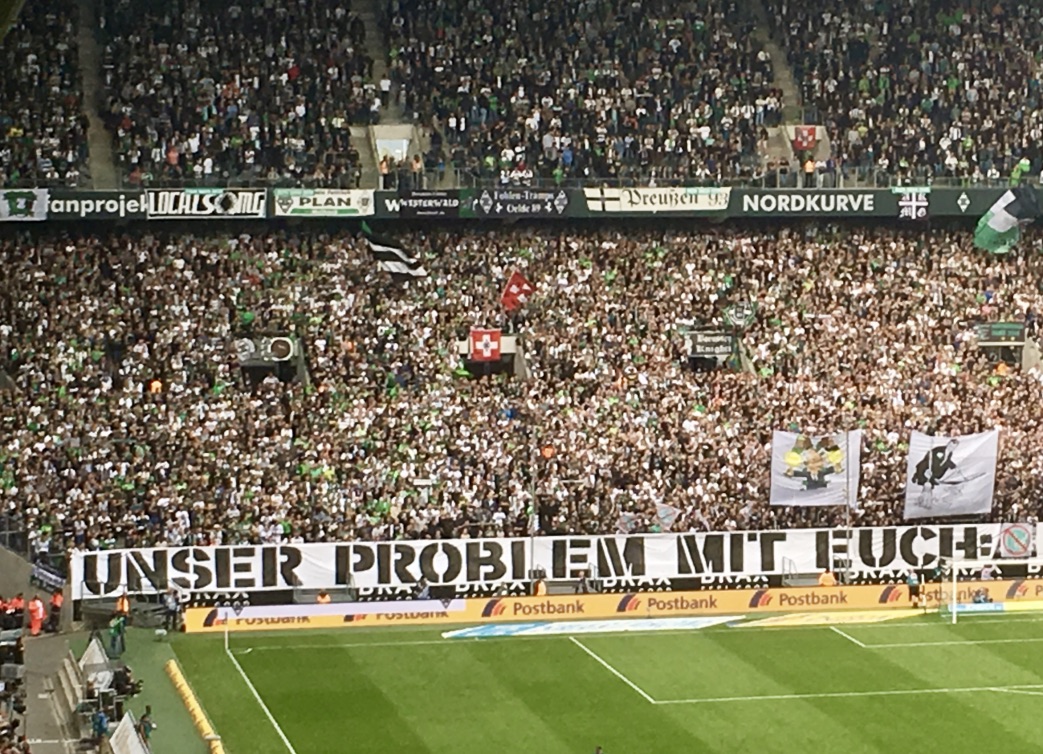
The ceremony of the opening second division game between VfL Bochum and FC St Pauli was drowned by loud booing, whistling and chanting.
At the start of all the opening Bundesliga games, fans from opposing teams united to abuse the football authorities (DFB) with chants of “Scheiß DFB”. Home fans unfurled banners spelling out grievances and threatening future action.
So what is making German football fans so unhappy?
Commercialisation
In theory, German football clubs are ‘owned’ by their fans. The “50+1” rule means that an individual or a company cannot control a club. Fans are directly involved in the running of their clubs. German football fans are proud of the traditional values of the game. They believe football is about much more than maximising profits and cite retention of standing areas in every ground and reasonable ticket prices as examples of the benefits of this approach.
They are worried about creeping commercialisation. The purchase by multinational Red Bull of a lower league club, which has led to the inexorable rise of Red Bull Leipzig appears to have by-passed the 50+1 rule. Fans believe Red Bull is simply using the football club to market its brand.
Similarly, there is no way village club Hoffenheim would have achieved Bundesliga status and success without the heavy investment of local billionaire Dieter Hopp.
And now Hannover 96 has applied for an exemption to the 50+1 rule so that President Martin Kind can own a majority share in the club.
Some fan groups are suspicious of the decision to allow a Chinese team U-20 team to compete in fourth tier Regionalliga Süd West. Although this will earn welcome cash for all teams in this league, it also gives the impression that football is being used to further commercial and political interests.
Fixtures scheduled to suit TV and not supporters
Fixtures are now spread over a full weekend and timings appear to be set at the convenience of sponsors and broadcasters rather than supporters. Since exact schedules are only announced a few weeks ahead it is very difficult for fans to plan. And sometimes it can be impossible for them to get to games. For example, VfL Bochum fans had to travel to Armenia Bielefeld on Monday 21 August for an 8.30pm kick-off.
On top of that, traditional fans really don’t like the non-traditional ‘entertainment’ now appearing at some grounds, which has nothing to do with football and appears to be aimed at people not even at the game.
Collective punishments
On several occasions last season the DFB imposed collective punishments on large groups of fans. When Dortmund played RB Leipzig last season a small number of Dortmund ‘Ultras’ attempted to block the away team bus and assaulted visiting supports. As a punishment the DFB ordered Dortmund to shut down the entire block for the next home game, effectively punishing 25,000 fans for the actions of a few.
Intrusive security
The football authorities are increasingly concerned about fan violence inside and outside grounds and the continued use of pyrotechnics by some fan groups. This has led to the introduction of personalised tickets and identity checks at turnstiles. For obvious historical reasons state intrusion into personal privacy is a highly sensitive issue in Germany
What next?
DFB President Reinhard Grindel appears to be listening. He has stated that there will be no more collective punishments and is seeking renewed dialogue with fan groups to address their concerns. He has also recognised that the success of German football is built on the commitment, loyalty and passion of supporters.
His statement has been welcomed by fan groups, but many fans remain highly suspicious of official motives and are still not convinced they are being taken seriously. Most commentators expect hostilities to continue throughout the season.
